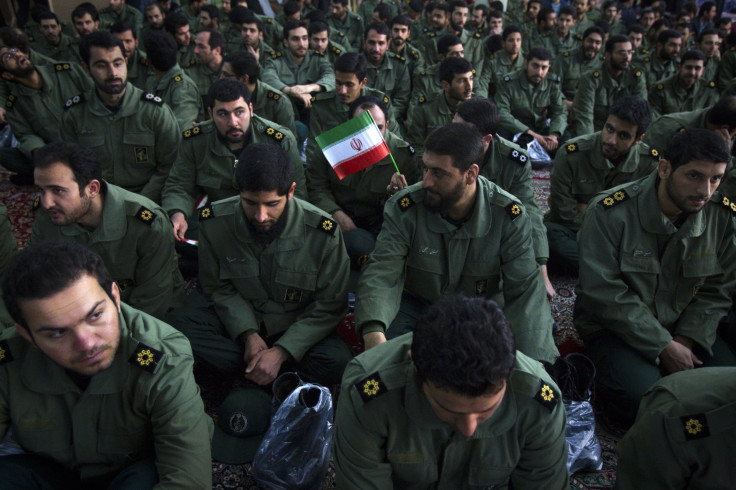Iran's Revolutionary Guard Will Run 2,000 Child Care Centers

ISTANBUL -- A volunteer paramilitary branch of Iran's Revolutionary Guard will run 2,000 child care centers, or 25 percent of all such facilities in the country, the International Campaign For Human Rights in Iran, an activist group, said Thursday. The Iranian Welfare Organization gave the Basij force, the Revolutionary Guard group that consists of young Iranian volunteers, permission to take over the child care centers to improve their quality, an organization official told journalists in Tehran last month.
Human rights organizations say large numbers of day care centers have been transferred to the Revolutionary Guards and the Basij militia forces in recent years as a way for the government to establish strict rules that reflect Muslim values, including requiring young females to wear hijabs to school.
“Ninety percent of our youth have distanced themselves from Islam today by virtue of our political conduct. We cannot say things that only a specific group would approve. You and I are responsible for these Shia Muslims who are escaping the religious by virtue of my or your conduct, the indifference, and the lack of accountability of those who have been trusted with responsibility,” Tehran’s Deputy Governor-Political Affairs Seyed Shahabeddin Chavoshi reportedly said, while addressing a group of city council members in Malard, outside of Tehran, last week.
The Basij force has for years criticized the Ministry of Education for failing to implement Islamic values.
“Many daycare centers in the country are promoters of Western culture, and are not teaching the children the truth about the religion of Islam and our culture," Mohammed Raza Naghdi, the commander of the Basij force, said in 2013, according to the International Campaign for Human Rights in Iran.
The Iranian parliament is considering passing a bill, Plan to Promote Virtue and Prevent Vice, that would give the Basij force the mandate to force all Iranian women to wear the hijab in school. Iran's Guardian Council, a group that votes on bills and decides if they should become law, approved the plan on April 22, the Mehr News Agency reported.
“In the short run, putting such unlimited tools in the hands of individuals who are not legally accountable may lead to creating fear and terror in society; but over the long run, the nation will certainly not be able to cope with it psychologically," human rights lawyer Nasrin Sotoudeh said in an interview with International Campaign For Human Rights in Iran. "Intensifying such an atmosphere and enforcing such plans in the society could lead to wider crises which we should prevent now."
Religious leaders in Iran have pressed Iran’s President Hasan Rouhani to allow police to enforce strict Islamic dress codes but, in a speech last week, Rouhani said, according to several local news outlets, that officers are meant to carry “handcuffs and pistols,” not to act like clergy.
Teachers in schools, universities and in seminaries have a mission to “teach, spread and explain Islam," Rouhani said. "But you can’t just tell anyone to interpret Islam."
© Copyright IBTimes 2024. All rights reserved.





















